Palm Beach County’s Rise as a National Innovation Hub
Here's how this South Florida area is becoming a magnet for tech, life sciences and innovation-driven industries.
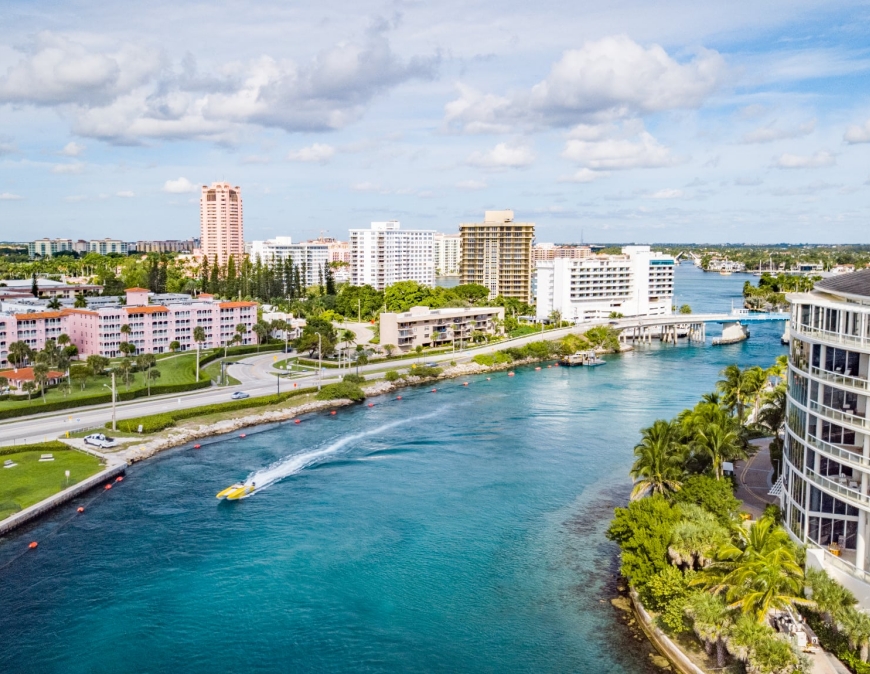
Palm Beach County has long been known for its sandy beaches, gated communities and appeal to retirees. Today, however, it’s quickly being recognized as a center for innovation on the national stage.
“We are seeing a real shift with companies and talent continuing to move in from traditional hubs—a trend that kicked off during the pandemic and has not slowed down,” said Susan Bands, managing director and market leader with CBRE.
The pandemic accelerated corporate migration to the area and now this South Florida county is looking to turn that momentum into a foundation for its sustainable economic growth for years to come.
A diverse mix of industries—from tech and life sciences to finance—is fueling Palm Beach County’s rise as an innovation hub. Drawn by the pro-business climate and strategic real estate growth, these businesses started relocating to the area a few years ago. And employees followed them. Nearly 90,000 new residents have moved to the area since 2020, according to Census estimates released in March, expanding the workforce and boosting demand for infrastructure.
READ ALSO: Where Are Businesses Moving To
The influx of companies from New York, California and Chicago is evident on the ground. New headquarters and satellite offices now dot West Palm Beach, and Boca Raton is fast becoming a magnet for innovation-oriented campuses.
“Big banks and hedge funds are helping brand West Palm Beach as the ‘Wall Street of the South,’ while tech and innovation firm migration is branding Boca Raton as the ‘Next Silicon Valley’,” said Bands.
Today, there are 625 life sciences firms, 1,900+ tech companies and 539 corporate headquarters in the county, according to the Business Development Board, the official public-private economic development organization of Palm Beach County.
In 2024 alone, new leases and relocations included everything from AI and medtech startups, to private equity firms and cybersecurity specialists, Giana Pacinelli, vice president of marketing at CP Group, told Commercial Property Executive. One example is Revere Payments, a fintech firm formerly based in Las Vegas, that selected Palm Beach Gardens for its new corporate headquarters.
Leading submarkets driving the innovation shift
Palm Beach County once played catch-up to markets like Austin or Raleigh, but it’s quickly becoming their peer—an East Coast case study in regional innovation done right. The county’s rise isn’t monolithic—its most dynamic nodes, Boca Raton and West Palm Beach, are each evolving with their own brand of innovation.
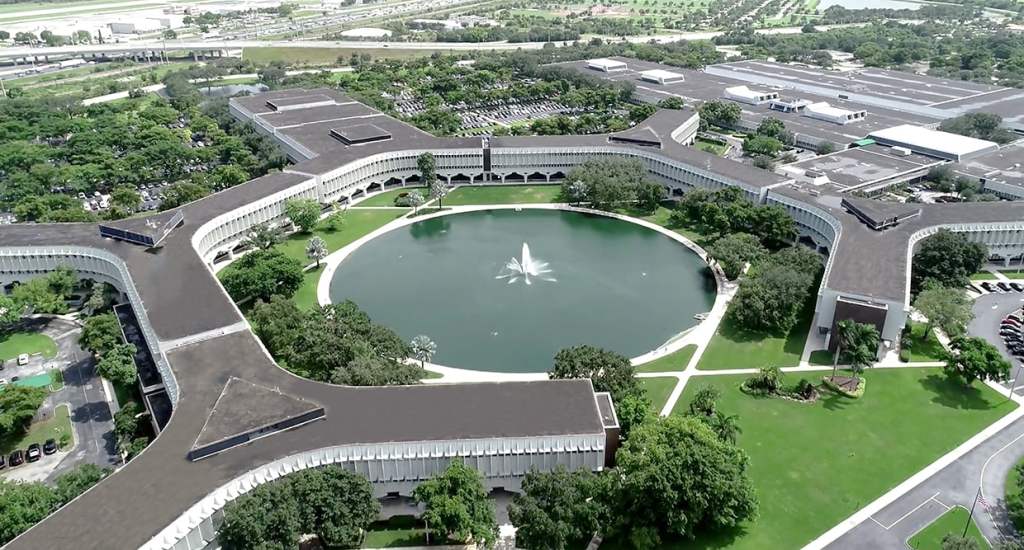
In Boca Raton, legacy real estate is being reimagined into a new breed of innovation hub. One prominent example is the Boca Raton Innovation Campus, a 1.7 million-square-foot park that once housed IBM’s North American operations. Today, it’s home to firms like Canon, Baptist Health and Modernizing Medicine—and is gearing up for even bigger plans.
“BRiC represents more than an adaptive reuse, but a reinvention of what suburban office can be,” said Pacinelli. “Originally an IBM research facility and the birthplace of the IBM personal computer, the campus is resurrecting ‘Silicon Beach,’ this time aiming to surpass IBM’s original vision by developing a dynamic micro-city with a strong network effect.”
CP Group has resurrected BRiC to meet the needs of today’s tenants: scalable move-in-ready spec suites, expansive connectivity and accessibility, and EV infrastructure. Plans also call for more than 1,200 residential units, a 140-key hotel, 200,000 square feet of retail and restaurants, including a 40,000-square-foot grocer and additional traditional and medical office.
Nearby, the Research Park at Florida Atlantic University serves as a critical bridge between academia and enterprise.
“The park provides turnkey options for high-growth companies and conveys legitimacy to out-of-market firms,” said Derek Baker, executive managing director with Colliers. Being adjacent to a research institution offers a crucial advantage in competing for skilled workers, particularly in sectors like life sciences and engineering.
READ ALSO: Top 5 Office Projects Under Construction in Miami
In West Palm Beach, vertical density and Class A commercial real estate are transforming the city’s downtown. Developments like One Flagler, 360 Rosemary and the under-construction 300 Banyan are not only reshaping the skyline but also attracting a different caliber of tenants.
Downtown West Palm Beach has become a preferred destination for finance, legal and tech tenants who want the urban experience without sacrificing amenities. These new buildings are equipped with cutting-edge infrastructure, concierge services and walkability—features previously found only in major metro markets. And more investments are on the horizon.
Billionaire Stephen Ross has committed $10 billion to West Palm Beach projects, including more than 6 million square feet of new office space, 1.4 million square feet of residences, 700,000 square feet of retail and dining, as well as and 870 hotel rooms, all across 70 acres.
Ross has also invested in the Vanderbilt University graduate campus and contributed $50 million toward a new hospital in West Palm Beach, further enhancing the region’s appeal to both businesses and professionals, Pacinelli noted. For a market once viewed as too seasonal or suburban for high-impact corporate activity, the current transformation is both substantial and strategic.
Talent pipeline and institutions: key to long-term growth
Any region hoping to maintain innovation momentum knows that talent is the currency they need to succeed. So, Palm Beach County is investing accordingly.
“Companies considering relocation or expansion consistently ask about local talent,” said Baker. That pressure has spurred collaboration between local institutions and the private sector, resulting in a more cohesive talent pipeline.
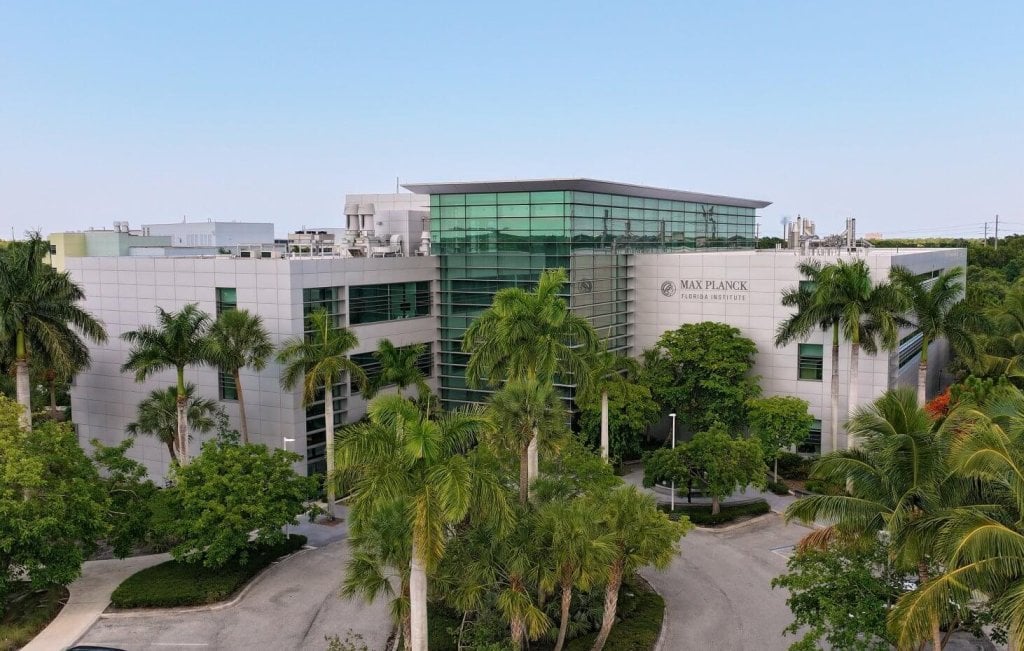
Florida Atlantic University has become central to this mission. With more than 30,000 students and nationally ranked research programs, the university supports sectors ranging from neuroscience and engineering to supply chain and environmental science. Its Tech Runway accelerator and Brain Institute have helped seed a number of local startups, giving Palm Beach a homegrown edge.
Soon, that academic footprint will expand. Vanderbilt University is preparing to open a graduate campus in West Palm Beach, focused on AI, data science and technology policy. The new campus will also house an innovation center where students, faculty, startups and local firms will be able to collaborate in real time.
This kind of institutional growth is essential, according to Kelly Smallridge, president & CEO of the Business Development Board. “Vanderbilt is a game-changer. It sends a strong signal to employers who are looking for a talent pipeline that can support advanced industries,” she said.
Other anchors like Scripps Research and the Max Planck Florida Institute for Neuroscience provide world-class biotech R&D, and their presence has helped spark new clusters in life sciences and medical technology throughout the county.
The Business Development Board has created a model that supports companies across all sectors. Recent examples include GummyWorks, which opened a 100,000-square-foot manufacturing facility in West Palm Beach in April; HOERBIGER, a 200,000-square-foot North American HQ in Delray Beach adding another 400 skilled jobs; and Bee Access, which recently expanded its manufacturing campus to meet growing demand for its scaffolding systems.
Yet, talent development isn’t without challenges. “The next big step is turning our challenges, like talent gaps and housing costs, into opportunities to build smarter, more inclusive growth for the future,” Bands emphasized.
That means not only attracting talent but retaining it—particularly younger professionals who seek cultural vibrancy and affordable living.
Challenges remain
Despite its rising profile, Palm Beach County faces key tests. The region must balance rapid growth with long-term vision—ensuring its innovation economy remains equitable and adaptable in the long run.
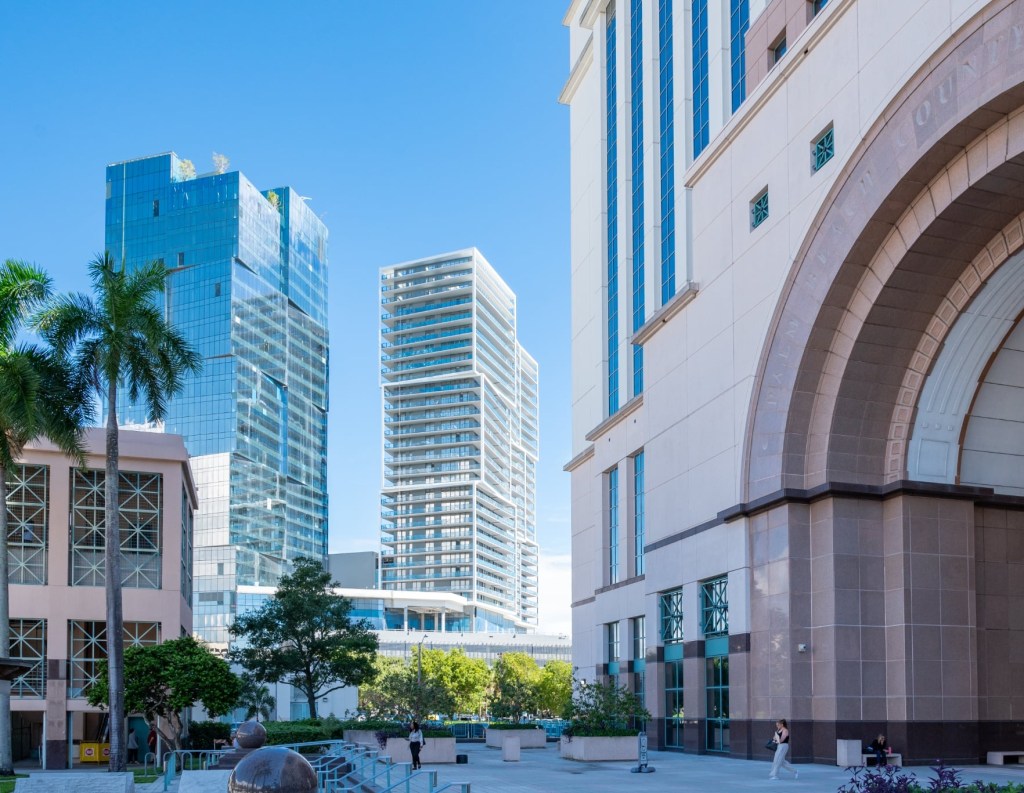
Smallridge is optimistic about this, but clear-eyed.
“A decade ago, the ‘Wall Street South’ concept was met with skepticism, but today it’s a recognized brand, attracting major players like Blackrock, Citadel, Goldman Sachs, Point72 and Elliott Management,” she said. “We view emerging industries, particularly in fields like quantum technology, as the next natural evolution of that success. Just as ‘Wall Street South’ has flourished, we expect these next-generation sectors to take off here as well.”
Still, there’s work ahead. Transportation remains limited outside of major nodes and affordable housing lags behind rising demand. While Brightline has helped connect the county with Miami and Orlando, intra-county mobility remains a sticking point for talent retention.
Innovation is about developing holistic ecosystems that attract people to live, work and grow within them, and the region’s leaders seem to understand this. Projects like BRiC are integrating residential and retail into previously mono-use campuses. The Business Development Board continues to court not just companies, but also funding partners and cultural institutions that enhance community life. The Vanderbilt partnership, too, is not merely an academic expansion—it’s a deliberate investment in human capital.
Ultimately, Palm Beach County offers a compelling model for how smaller markets can leverage assets—geographic, institutional, financial—to become magnets for innovation.
“What sets us apart isn’t just growth—it’s the quality of that growth,” Smallridge believes. “We’re not trying to become the next Austin or Miami. We’re proud to be uniquely the Palm Beaches—building on our own strengths: deep research, skilled labor, business-friendly policies and a quality of life that makes people want to stay.”

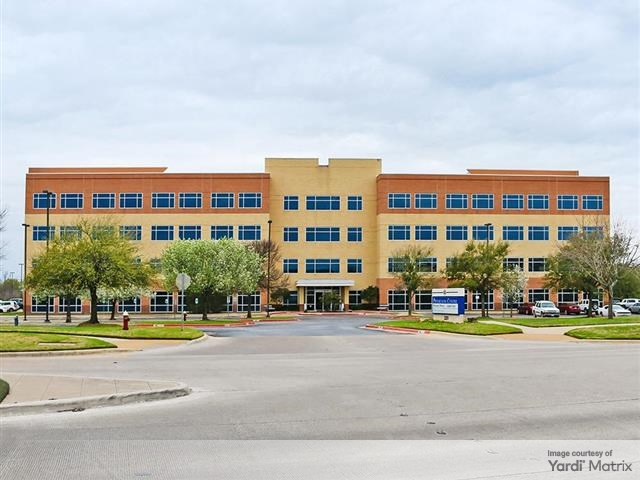
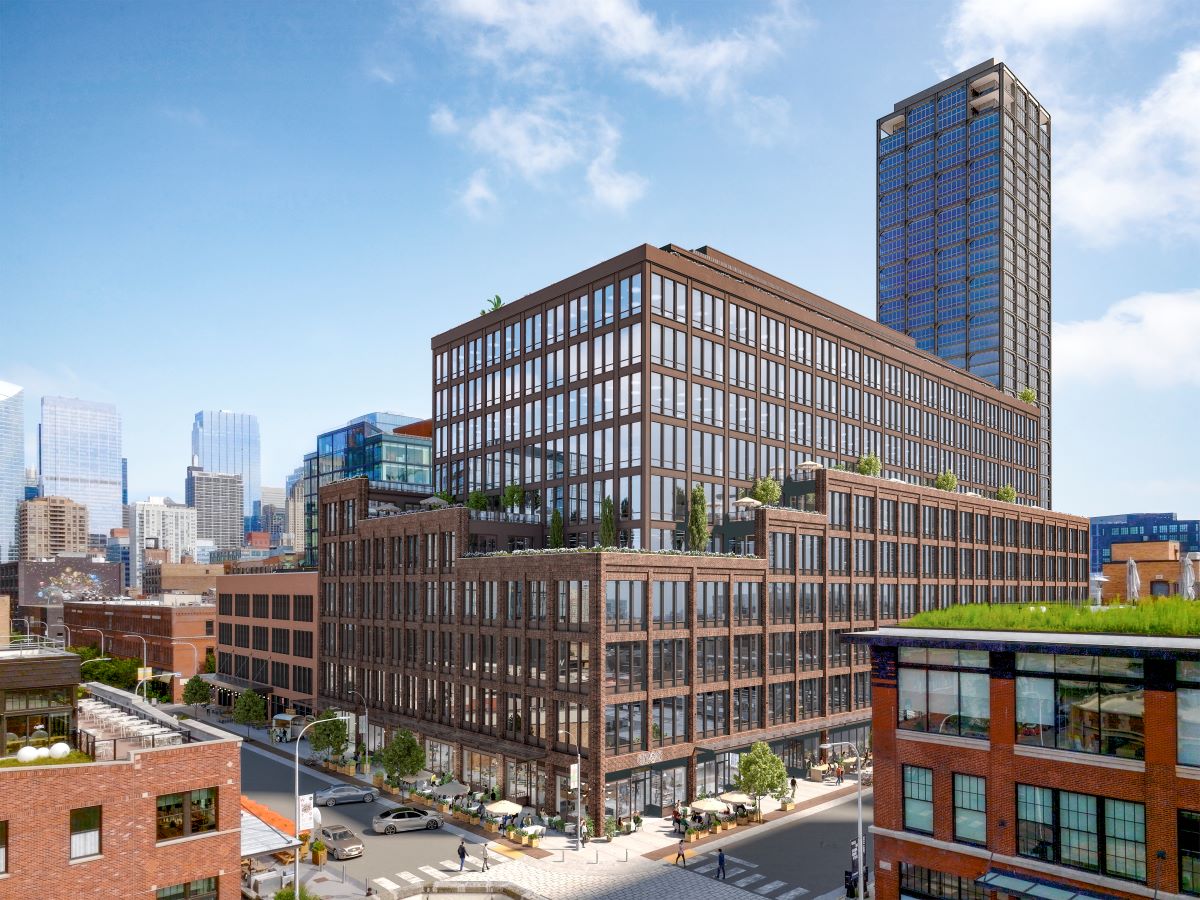

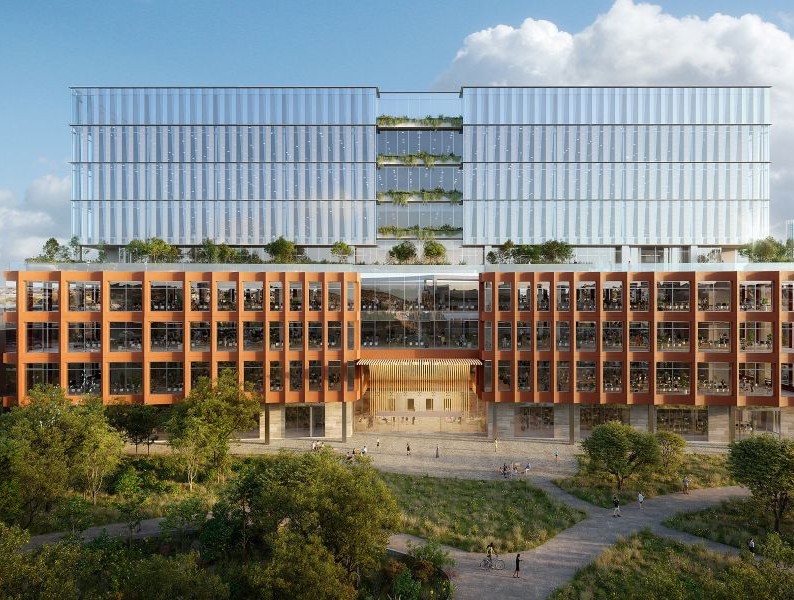
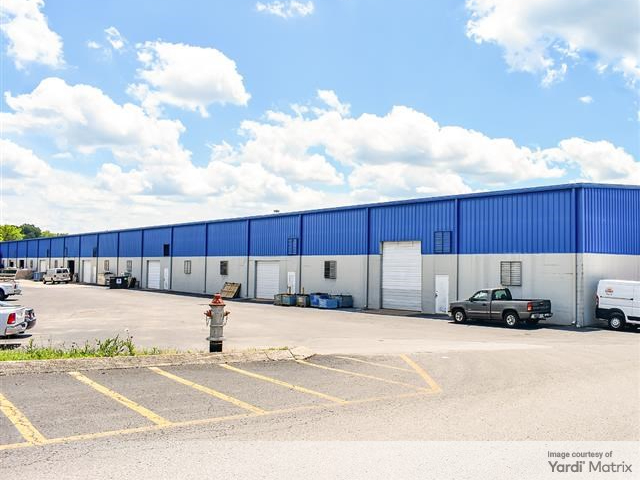
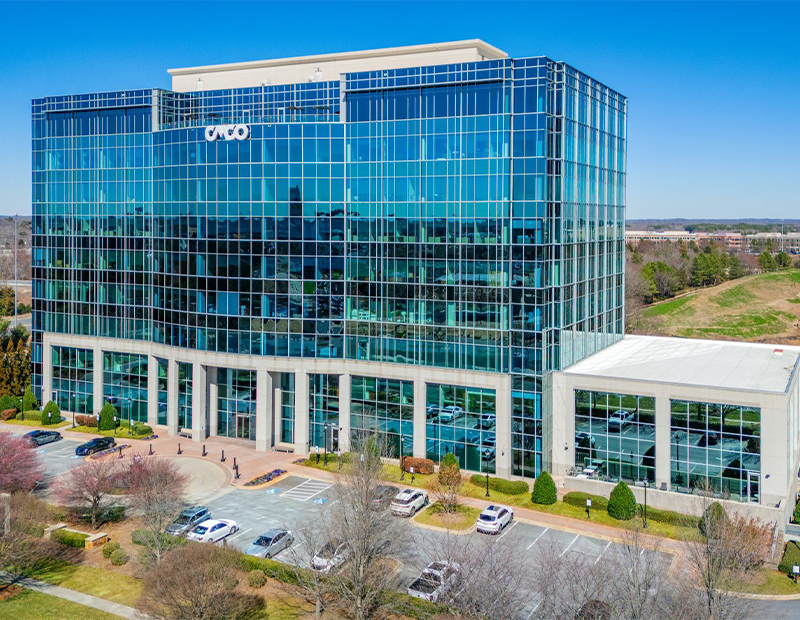
You must be logged in to post a comment.